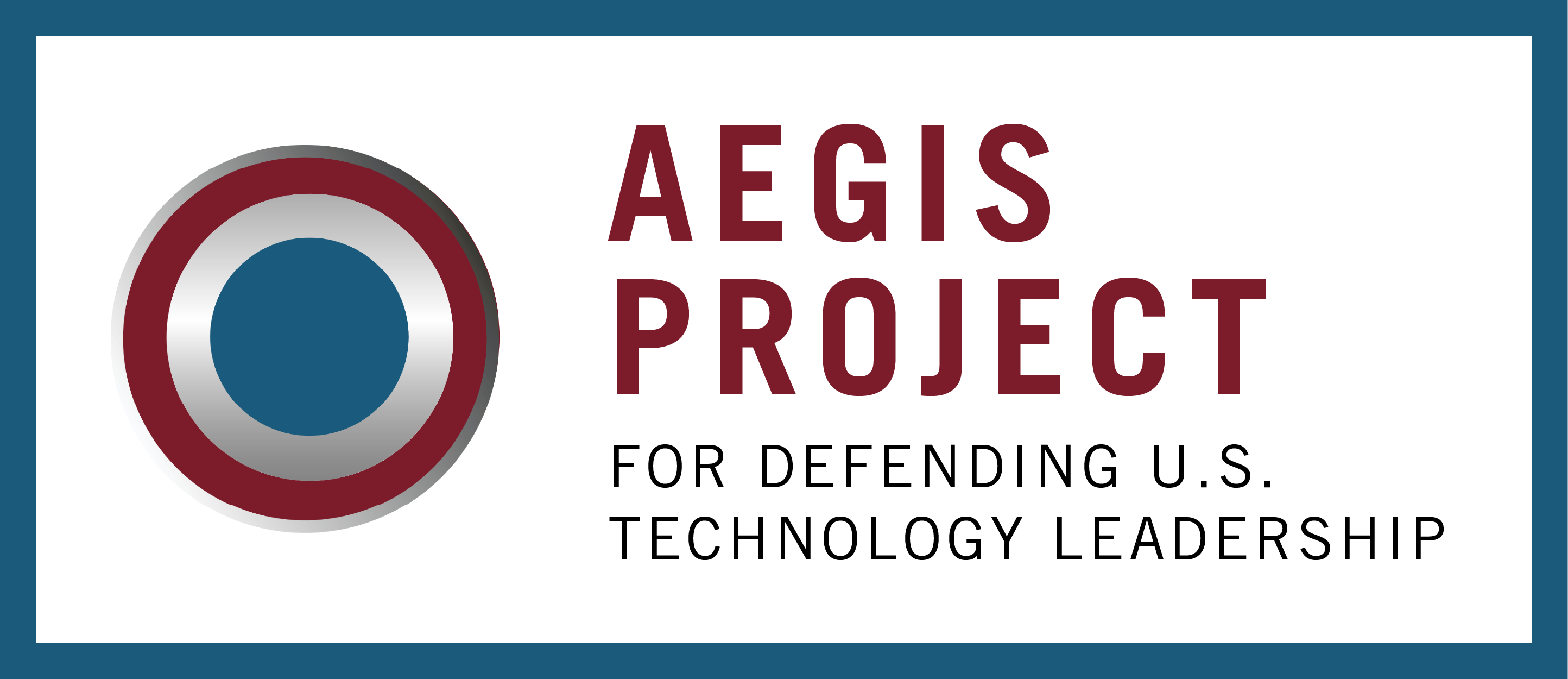Understanding Nontariff Barriers in Global Trade
In recent years, the global landscape has seen President Trump championing efforts to address perceived unfair trade practices by America’s trading partners. However, while discussions often center on tariffs and traditional nontariff barriers, a significant and concerning trend has emerged: the rise of nontariff attacks that specifically target U.S. technology firms.
What Are Nontariff Attacks?
Nontariff attacks refer to regulations, laws, and compliance requirements strategically designed to restrict the growth of foreign companies or extract profits from them. Unlike tariffs, which directly impose taxes on imports, these measures can include complex compliance requirements, excessive fines, and discriminatory regulations. Though often justified under the guise of “digital sovereignty” or consumer protection, they function as protectionist measures aimed directly at American tech firms.
The Rationale Behind Nontariff Attacks
Many countries argue that such measures are essential for protecting their local industries and consumers. By enacting stringent regulatory frameworks, they aim to safeguard data privacy, national security, and even cultural integrity. Unfortunately, however, these regulations frequently result in competitive disadvantages for U.S. companies that have to navigate a maze of compliance hurdles, often at a greater cost than their local counterparts.
The Impact on U.S. Tech Firms
The implications of these nontariff attacks on American technology companies are profound. Companies like Google, Facebook, and Amazon are increasingly finding themselves at a disadvantage in foreign markets due to laws that restrict their operations or impose harsh penalties for non-compliance. This not only curtails their growth potential but also threatens their profitability, making it more difficult to invest in innovation and job creation.
The Role of Digital Sovereignty
The phrase “digital sovereignty” suggests a nation’s right to govern its own digital ecosystem independently. While the intention behind such discourse may be to empower local industries and protect consumer data, its application often leads to practices that explicitly target foreign competitors—most notably, those from the U.S. This raises fundamental questions about fairness in the global market and the future of international commerce.
A Call for Policy Action
In light of these challenges, the Trump administration and U.S. policymakers need to take a proactive stance in addressing these nontariff attacks. This could involve negotiating trade agreements that safeguard against discriminatory regulations and support a level playing field for all companies operating in foreign markets.
One possible avenue is leveraging international forums to advocate for standards that minimize excessive regulations and promote fair competition. Engaging with allies to form a coalition advocating for transparency in digital regulations can also help counterbalance unilateral actions taken by certain nations.
Expert Insights on Addressing the Challenge
To facilitate a deeper exploration of these issues, the Information Technology and Innovation Foundation (ITIF) has organized a panel discussion under its Aegis Project aimed at defending U.S. technology leadership. This gathering will bring together experts to discuss the ramifications of nontariff attacks and potential strategies for U.S. policymakers. Engaging in such discussions not only raises awareness about the challenges but also fosters a collaborative approach to finding viable solutions.
Conclusion: The Path Forward
As the global trade landscape continues to evolve, American technology firms must navigate an increasingly complex regulatory environment. Understanding the nature and impact of nontariff attacks will be crucial for U.S. policymakers, who must find ways to level the playing field while promoting innovation and safeguarding American interests abroad. With careful planning and strategic dialogue, it is possible to address these challenges effectively and ensure that U.S. technology remains at the forefront of global innovation.
For those interested in engaging further, ITIF invites questions for the expert speakers via Slido, prompting an inclusive dialogue about the pressing issues at hand.


